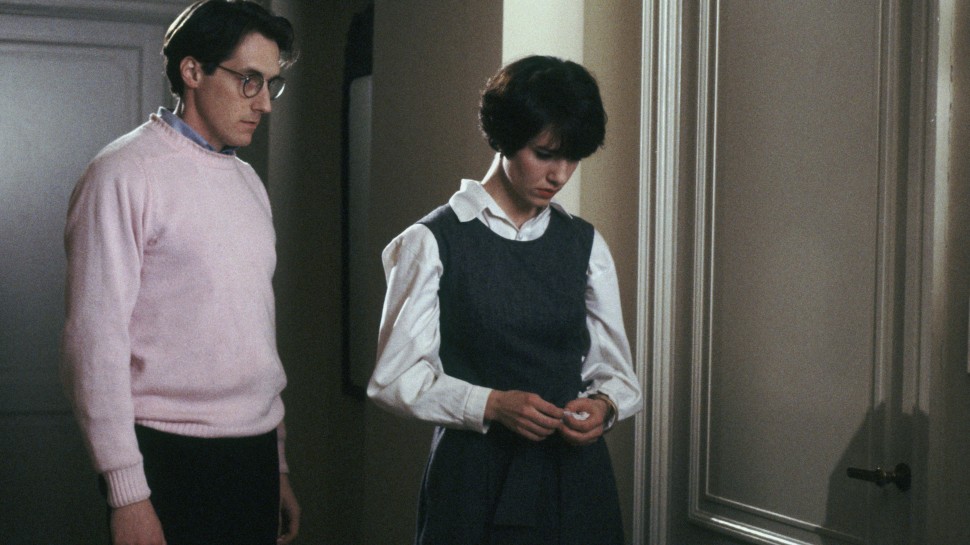


The Discreet Charm of Whit Stillman
In retrospect the Classical Hollywood studio era now seems to have been a Golden Age of American comedy, a period in which many of the most popular comedies were defined by a kind of scintillating dialogue and urbane, philosophical nuance frequently prominent within even the most antic slapstick. Figures such as Preston Sturges, Leo McCarey and the Marx Brothers seem so distant yet meaningful today precisely because of the increasing scarcity of sophisticated adult screen comedies in contemporary American cinema. An important and gratifying exception is Whit Stillman (b. 1952) who brought a new and unexpected energy into independent cinema with his celebrated screenwriting and directorial debut, Metropolitan, a portrait of young, privileged Manhattanites at the bubbly height of the debutante season and poised quizzically on the edge of reluctant adulthood. With its brisk New Yorker cartoon style dialogue and precociously self-aware characters, Metropolitan’s affectionately ironic portrait of Upper West Side gentry immediately defined the melding of wry comedy and political innuendo that would remain an important signature of Stillman’s cinema. Less remarked upon is Metropolitan’s cool postmodern undertone that effortlessly marries the end of the Jazz Age world weariness of F. Scott Fitzgerald with the stage-bound earnestness of early sound-era talkies to imbue the film, and its characters, with a quality of floating, with poignant awkwardness, somehow out of time.
The critical acclaim of the shoe-string budget Metropolitan won Stillman the backing for the two films that would complete his now classic and beloved trilogy about the loves and lives of young urban almost-professionals – Barcelona and The Last Days of Disco, whose title evokes the autumnal, fin-de-siècle nostalgia shared by the films. Running throughout the three films is also a detached yet pointedly autobiographical thread that draws creatively from Stillman’s own background as a son of privilege, a Harvard graduate and an expatriate professional working in Spain. Indeed, many have gone so far as to read the hilariously impetuous and dogmatic Yankee naïf played by Chris Eigeman in the three films as a comic stand-in for Stillman himself. After the extended silence of thirteen years that followed The Last Days of Disco and that drove his growing cult audience to increasing despair, Stillman at last completed his long-awaited fourth feature, Damsels in Distress.
The Harvard Film Archive is elated to welcome back Whit Stillman to his alma mater for this celebratory showcase of his extraordinary films. – Haden Guest












